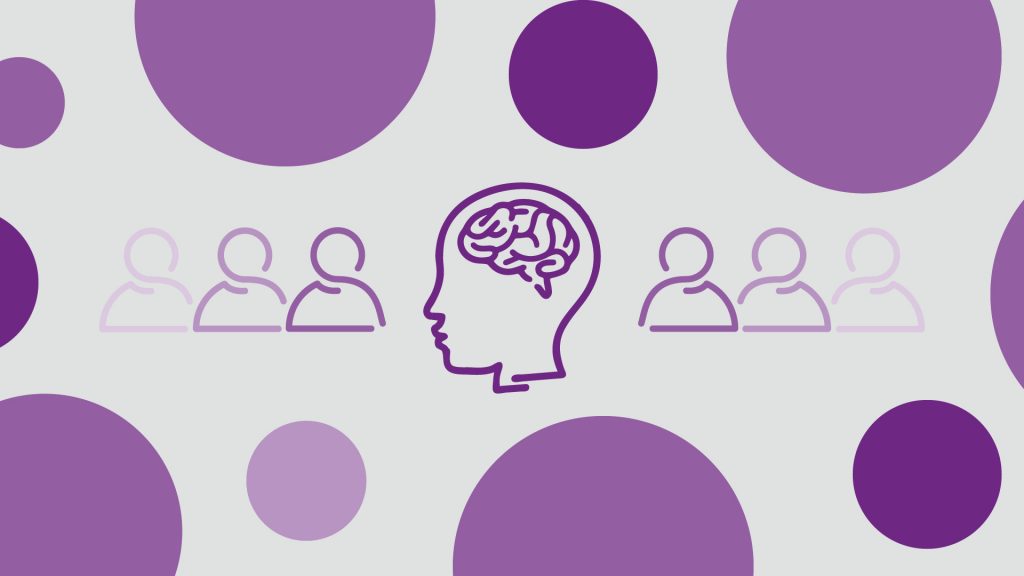A time to start afresh

Chris McLeod, a PhD researcher in eating behaviour and nutrition at Loughborough, writes about how lockdown has given us a chance to reflect on our habits.
Lockdown has changed many aspects of everyday life, from our work environment and the ways we spend free time to our daily movement patterns and communication methods. This enforced change has meant that our behaviours related to established routines and regular tasks have also had to change – we are no longer taking the same routes at the same time to get to work, to go to the gym or to buy a coffee. Lockdown has truly changed what we consider ‘normal’ everyday life.
While adapting to lockdown-related changes has been difficult for many, one positive that can be taken from this situation is that it may be the right time to start forming new habits that benefit our wellbeing.
One of the hardest aspects of instigating any type of behaviour change is not necessarily conveying the benefits of a prospective new idea (eg using less single-use plastic), but the breaking of a previous habit (eg not buying your normal foods that come in single-use plastic). This is because breaking tried and tested behaviours to obtain an intended outcome ultimately is a move into the realm of uncertainty.
However, through lockdown, we have already had to change our everyday behaviours for a significant period of time – we have already veered into the realm of uncertainty. Our everyday routines have been broken down as many of the stimuli that may have cued a specific behaviour have been changed or removed (eg the location, proximal company and the time at which a behaviour would occur). After tried and tested behaviours or routines are broken, it is much easier for the individual to consider whether the routine was helpful or whether aspects of the routine need to change in the future.
With our previous routines broken, we have the chance to make those small or large-scale changes we’ve always wanted to make. Whether that’s scheduling five minutes daily for prayer or meditation, walking more in the nearby countryside, saying hello to neighbours or reducing carbon emissions, we can start to consider these changes in behaviour and mindset that will help shape our lives post-lockdown.
So, to help yourself make changes to your life, get a pen and paper, and ask yourself:
- What changes to my pre-lockdown everyday life would I like to make?
- What actions do I need to make to see these changes come to fruition?
- What shall I do to ensure I keep to these changes going forward (eg incentives, help from friends, writing a journal)?
- After three months of making these changes, what would my regular life look like to show that 1) I have kept these changes successfully, and 2) I have not kept these changes successfully?
Taking these steps can really help you improve your wellbeing now and for the future, so you don’t slip back to any unnecessary or unhealthy habits of the pre-lockdown era.
If you would like further support the University has resources available for both staff and students.
Health and Wellbeing
Wellbeing means being in a positive physical, social and mental state. Wellbeing is important to us as happy, healthy people who achieve harmony in their work / life mix are more creative, productive and help to create a great place to work.